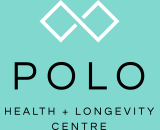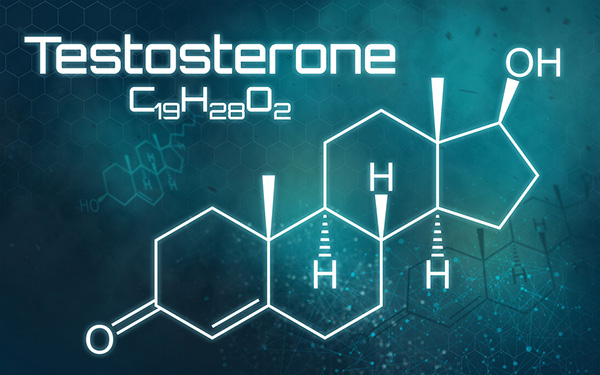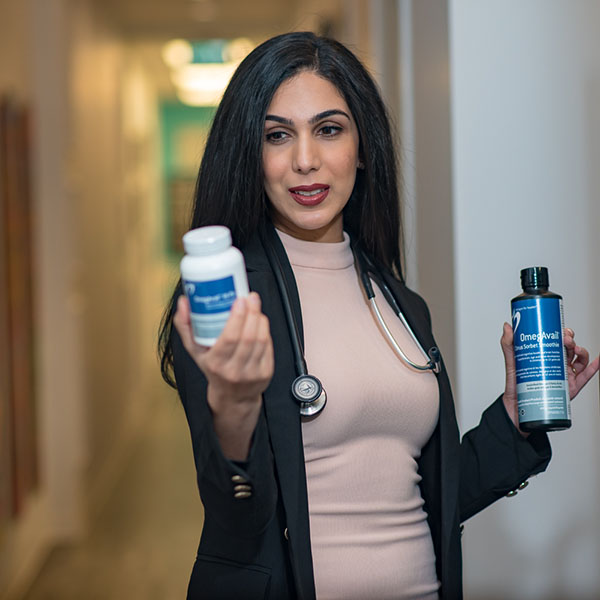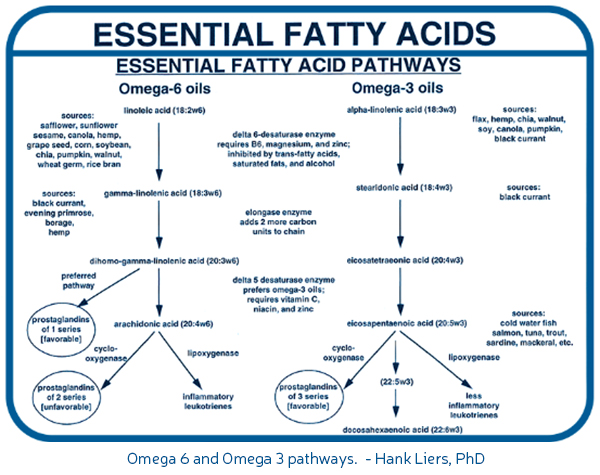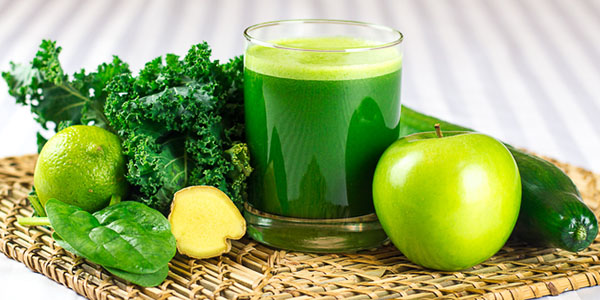
Detoxification- Is it really necessary?
What to consider before starting a cleanse.
I won’t lie, when I was studying nutrition, and was introduced to the idea of detoxification back in my undergraduate days I was not convinced that this was something we needed as human beings. By nature, I am an open minded skeptic, and so naturally I didn’t write the entire idea of detoxification off, but I didn’t understand why people did it, or rather, needed to do it.
Moving forward many years later, I realize that my hesitation around detoxification was the cookie cutter nature that I witnessed, the replication of celebrities committing themselves to extreme fasts or juice cleanses, and the use of enemas or laxatives without any assessment or supervision.
It wasn’t the idea of the detoxification that had me turned off, it was the marketing behind it.
In practice I am putting people on detoxes very regularly, but they aren’t called detoxes or cleanses, but are in the form of food elimination diets, IV therapy, hypo-allergenic diets, setting boundaries in relationships, hydrotherapy practices, utilizing botanicals for elimination, regular infrared sauna sessions etc. It is important to recognize that detox comes in many shapes and forms, but an alteration in what you are currently doing is in essence a very gentle detox. However, detox extends beyond diet, it also can mean detoxing from toxic people, toxic habits such as drinking regularly, smoking, using your phone when you are with company and the use of toxic materials such as detergents, cleaning agents, plastics and more.
Detox means, getting rid of unwanted toxins, and frankly in a world that is in no short supply of toxic accessibility in all shapes and forms, labelling something as a detox, to force you to have intention and accountability might be one of the best things you do every year.
So let’s let go of the word, and focus on the why. There are many reasons why our body needs a break. We are ON, 24/7, 365 a year, for our entire lives. This is a beautiful thing, but depending on the life we choose to live, our exposures mount up. On one extreme, pathologies begin to show up when our toxic burden has reached its max, and on the opposite end of the spectrum, the focus on supporting our body regularly can also be highly beneficial. Ultimately our cups are all different so naturally some people can manage a greater toxic burden than others, and some of us just get used to our baseline of feeling a certain way. This is not just about physiology but about environment- physical, environmental (epigenetic,) mental and emotional.
The practice of fasting, which is prevalent in almost all major religions is a form of detox. Lent is a form of detox. Hot and cold therapy is a form of detox. As a society, we have always given our body a break, recognizing that this is what we need.
Detox for a specific concern such as addressing heavy metals may require chelation and more specific directions. Detox as a form of reset, however, can be tailored to you, for your needs, and what your body can handle.
So before you begin a detox, there are a few things to keep in mind that will help you be more successful.
- Determine what your body can handle
I regularly will say to my patients, that if you are running on fumes, detox is not the priority. Re-building and nourishing your body is. This is really important, because our personal motivation to cleanse is different, but detox is a stress on the body. If you are already stressed, have poor immune health, feel depleted or low energy, or have medical concerns, your cleanse needs to be tailored to what you can handle. Sometimes, the detox is purging emotions that have been stuck, while focusing on rest and repair. Other times it may be a water cleanse, with rest, a bit of brown rice, sauna and meditation. And even other times it may be the removal of high inflammatory foods. Everyone is different, doing a one-size-fits-all detox is not smart. You really need to do what is going to benefit you, and more extreme doesn’t always mean better. - Your Emunctories
You are probably thinking, what is she talking about! We have 5 organs of elimination- maybe 6 if you’re a menstruating female. These are: sweating (skin), urination (kidneys), bowel movements (gut), Lymph (follows blood on a vascular level), and Liver (processing); if you are a female your menstrual cycle is also a method of elimination. Your periods can tell you a lot about what is going on in your body! These need to be working, well. This is the starting point before doing any detox or cleanse, because if your process of elimination isn’t great, then you really should be starting here first. Get your systems warmed up and working first, no athlete runs a marathon without training and a warm up first. The same goes for a cleanse, particularly the more aggressive it is, the more your body needs to be aligned.
- Lifestyle
Detoxification is dependent on what you already do. If you are the type of person who doesn’t pay attention to diet, cannot sweat, has gut concerns and drinks more coffee/soda/juice then water, you need to start with supporting your natural body’s process of elimination. Our body is highly metabolic, there is a process of constant building and breaking down. Understanding that small changes over time can yield great benefit, particularly when lifestyle needs to be addressed, should be the start. Habits take time to form, and also to break. If this is an area that needs support, and you are motivated, set yourself up for long term success. If your lifestyle is inclusive of healthy habits, then you are in a great position to explore other options. The goal is improvement in your health, your mindset, the “why,” needs to be explored.
- The Mind-Body Connection
Many detox programs focus on elimination and restriction, but a very important aspect of detox is emotional. We live in a society that is highly motivated, fast-paced, superficial and most of us are carrying emotional energy that has not been dealt with. The compounding effect of this is draining to your spirit, your soul and your sense of self. The most outwardly appearing healthy individuals may not be healthy inside, even though they eat greens, meditate, practice breath work etc. We are more than the physical, and an emotional and mental detox is just as important as a physical one. If you are looking at cleansing, there should be some aspect of personal work included in this. We get accustomed to feeling a certain way, handling things or suppressing them (internally or with medication), and the disconnect between our mind-body continues to get more pronounced.
Lastly, always remember that your body truly is on your side. Your body wants to help you, and supporting yourself, is a form of self love.
Most of us don’t admire how resilient we are as human beings, the amount we can handle, how we can be adaptable and so much more. Support that, embrace it, celebrate it and love your body. If you are thinking about a cleanse, take the time to understand why you need it, from all aspects of your life; and even if you cannot think of why, there is no limit to how much love you can give to your self. You don’t need a reason, but if you have one, then better even to be specific about what your needs are at this time. And always remember, if you don’t know where to begin, that is ok, and actually very normal. Seek a health care practitioner that you resonate with, that can help you cleanse appropriately, that is what they are here for.
#Letscleanse
By: Dr. Mashael Mawji, ND
BSc. FNH (Hon)
